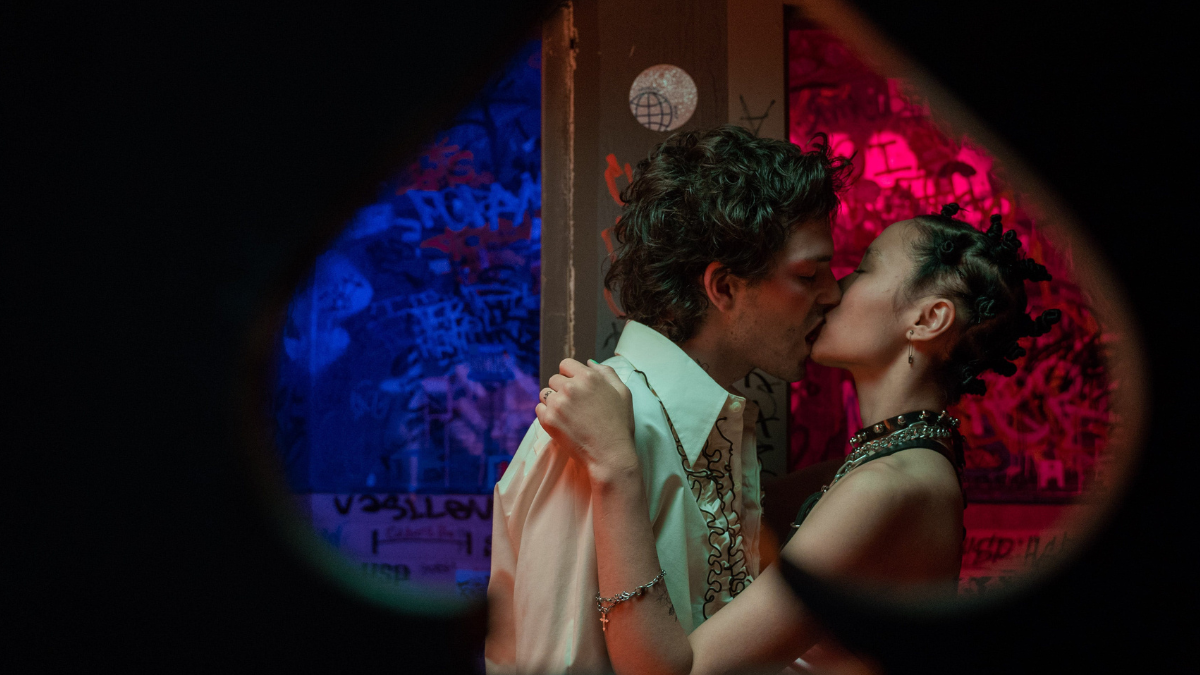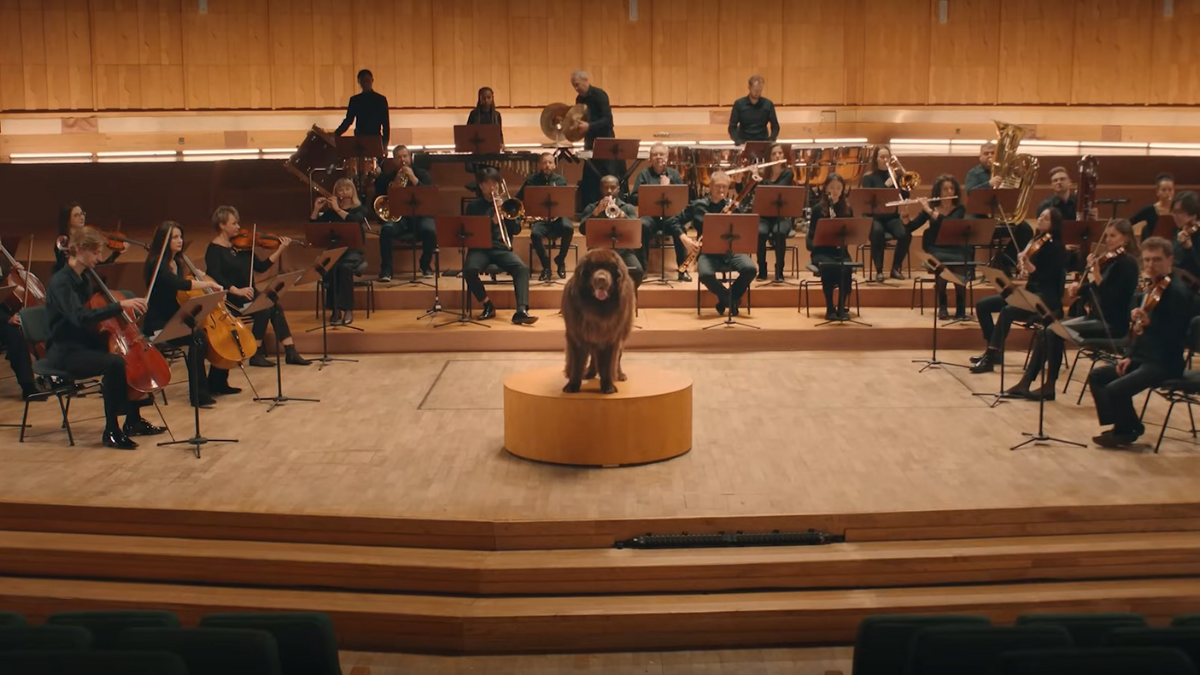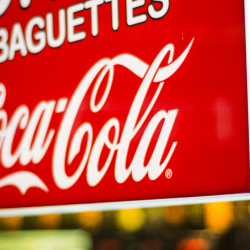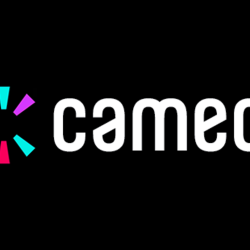It’s Wednesday. According to Valentine’s Day, love is in the air…
And if you’re single like me you’re probably scrolling the apps in search of some kind of validation, a quick dopamine hit to distract you from whatever you did last night. Or maybe, if you’re not a walking red flag, a date. IRL. Most of the time it’s more likely to involve an extended exchange of (usually pretty subpar) attempts to be funny (or at least not beige) and then a sudden lapse into silence. All while hoping you haven’t just spent the last hour ‘rizzing’ a total catfish. Or worse, an axe-murderer. It’s a tough game, even for the guys taking half-naked selfies in their bathroom mirror. And even if you’re enjoying being single it’s hard not to get swept up in the pressure of finding your person(s). But despite it all, we’re still thumb-on-screen, shooting our shot. And today, it’s for more reasons than ever before.
From doing it for the plot, to trying something more outside the box, dating is no longer only just about finding the one. So as our desires change, how do the apps we use to find our most meaningful connections change too? And above all, how do they do so without losing us along the way?
Enter, the standouts:
Tinder: the Gen Z one
The OG dating app. The original gamifiers. ‘Swipe Right’® if you like what you see, left if you don’t. You’ll only know they’re interested if the feeling is mutual. It’s quick, cut-throat and if you’re in the rhythm it kind of feels like you’re flicking through a human catalogue. Or calendar, depending on what your algorithm thinks of you. If you’re a millennial you probably know them as the ‘hook up’ app, but their recent, It Starts With A Swipe campaign establishes the brand as much more than that. Aimed at a new generation of daters, the campaign draws on love languages and modern dating habits, pioneered by a less jaded Gen Z. From ‘Proving Astrology Right’, to ‘Realising You’re Not Dead Inside’, each ad depicts a modern-day fairytale and demonstrates an approach to dating that’s less about labels and more about the fun in just figuring it out. Whether that’s finding a one-time vibe or a first date that never ends. It’s a fresh new focus for a brand that’s been likened to a ‘dying Facebook’, and one that is already resonating with an audience who’s challenging what it means to date today.
How brands respond will be the next big test.
Feeld: the open one
Previously known as 3nder, Feeld has evolved from an app for the ‘seriously-kinky’ to one now more catered towards the curious mainstream. Whether you lean towards polyamory, monogamy, or embrace roles like ‘dom’ or ‘sub’, there’s a sexual orientation option for whatever you’re into. Eighteen of them, last time I checked. (NB, ’sub’ means ‘submissive, not a Subway foot long. Thank you to the lovely Feeld user who cleared this up for me).
It’s a refreshing departure from the straight, bi or gay drop-down most apps offer. And given one third of straight males changed their sexuality to heteroflexible, bi-curious or bisexual on the app last year, perhaps the brand has inspired a unique curiosity in us, that potentially no other brands have (at least not yet). Coupled with this is their new brand refresh. Where their choice of intimate photography and moving graphics appear in stark contrast to the tight lock-ups and clearly defined colour palettes of players like Bumble and Hinge.
It’s fluid, and for a brand that once lived in the dark corners of the internet, now feels like a brand that’ll welcome me with open arms.
Hinge: the serious one
If you had the joy of being single during lockdown there’s a good chance you found yourself on this one. And an even better chance you found yourself cracking up at the incredibly #cHringe audio notes attached to some people’s profiles. Shout out @hingeboiz.
Interestingly, Hinge’s approach to dating is the most serious of the lot. Launched in 2013, when sites like eHarmony and OkCupid were seen as ‘tragic’, Hinge quickly took data dating to a whole new level. And with their well-established tagline, ‘Designed to be Deleted’ and mascot, Hingie, who’s literally dying for you to find love, you can tell these guys aren’t mucking around. Unlike Feeld, their approach is very much like their logo: black and white. No funny in-between. You log on and carefully tailor your profile with thought out prompts designed to get a meaningful chat going. And then, provided you aren’t met with the dreaded ghost, you’re off Hinge, with someone worth deleting the app for. It’s an ironic strategy, very much rooted in the ‘happily ever after’, so it’ll be interesting to see whether they adapt, to entice a more casual, less pressured dating experience.
Thursday: the IRL one
Pink, punk and happy to take the piss. This is a dating app that’s all about cutting the crap, keeping swiping to a minimum and letting the magic happen the old-fashioned way. Live for 24 hours only (yes, on Thursdays). It’s impulsive, creates a slightly nauseating sense of urgency, and gets us off the apps to the people we’re after quick. And most of all, into the real world. Finally! But, with the recent comeback of in-real-life experiences, like supper clubs, speed-dating events and newcomers like Wednesday, Thursday need to be careful they’re not swept up by the trend they re-started.
With a strong tongue-in-cheek tone of voice and an attitude that sees them poking fun at the big guys (and themselves), they’ve got a lot more going for them than their copy-cat counterparts. But if I was them, I’d be asking how we can stay ahead of the trend before it swallows us up.
Of course, there are a bunch more dating platforms, 1400 of them in fact. But I’d say, this Valentine’s Day, there’s a little more than just love in the air. There’s a new way to date, that leaves the good old days behind (sorry Dad). From using dating as a source of self-discovery to hurling ourselves back out into the real-world, it’s these kinds of experiences that, when told in a way true to us, shows a genuine understanding of who we are, and what dating today really means.
So, if you’re a brand, address our pain points. Find a new way to inspire us, and look for a space that your competitors have overlooked. But above anything, show that you really get us, before we tap out altogether.
Oh, and if you’re single, living in London, and not totally put off by this article. Call me.
Featured image: cottonbro studio / Unsplash































